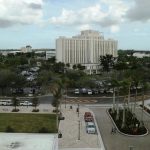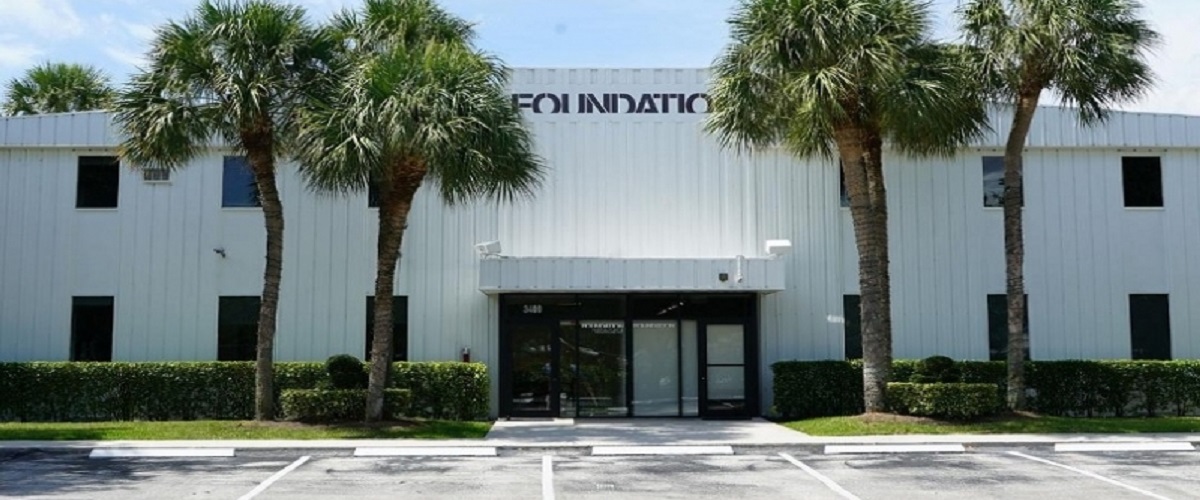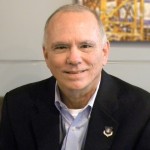Meet the new year, same as the old year. Or maybe better.
Palm Beach County’s economy is expected to continue its strong growth, as the year wrapped up with a still-booming real estate market, combined with continued business growth in the area.
President Donald Trump’s part-time residence at his Mar-a-Lago mansion on Palm Beach has drawn attention to the county both as a business and tourist destination. But even prior to Trump’s January inauguration, the county already was flush with new hotel construction geared to the rise in tourism.
“The county’s newest hotel, the Hilton at the Palm Beach County Convention Center, had a strong first with 85 percent occupancy,” according to Ken Himmel, president of Related Urban, the hotel’s developer.
More hotels are under construction, including an Aloft Hotel in Delray Beach and a Canopy Hotel in West Palm Beach. Tourism wasn’t the county’s only booming field.
“The past 12 months saw growth in a variety of industries,” said Kelly Smallridge, president of the Business Development Board, the county’s business recruitment arm.
Among the companies growing are Bee Access, a scaffolding manufacturer in West Palm Beach; Jupiter-based Parametric Solutions, which engineers and makes gas turbine engines for aircraft and industrial power applications; and GeoGlobal Partners, which designs and makes pumps and valves in West Palm Beach.
“We’re one of the rare counties that has six to eight solid industries,” Smallridge said, ticking off manufacturing, equestrian, tourism, agribusiness, financial services, corporate headquarters and distribution and logistics.
Another growing area: Companies run by entrepreneurs. Moderning Medicine, a Boca Raton-based medical records firm and one of the fastest-growing technology companies in South Florida, said in 2017 it plans to hire 800 people, in addition to the more than 500 it already employs.
Helping boost more corporate growth in the coming year: The Brightline passenger train, slated to start regular service in the coming weeks.
“Companies already are saying they feel more comfortable opening offices in Palm Beach County because they know they can pull employees from Broward or Miami-Dade counties,” Smallridge said.
Of course, the biggest driver of Palm Beach County remains real estate. Growth, particularly in the housing market, was hot in 2017 and will remain so in 2018, experts say. This is despite the lengthy real estate boom that now is stretching into its eighth year.
Housing analyst Jack McCabe said he expected to see a market correction on the horizon, but he now thinks a slowdown will be delayed by the the tax legislation passed by Congress. The sweeping tax law limits deductions for state and local taxes.
“This is bad news for residents in such high-tax states as New Jersey and New York but good news for Florida, which has no state income tax and already is a destination for residents from the Northeast,” said McCabe, of McCabe Consulting in Deerfield Beach.
It’s not just the housing market that will get a boost from the tax bill, business leaders said.
“Executives already have been making inquiries about bringing their companies to Palm Beach County,” Smallridge said. “We’ve seen 20 plus calls over the last month. There’s already a steady stream of inquiries by companies seeking to relocate. Among them are corporate headquarters and financial services firms out of Manhattan, Boston, Greenwich and even Chicago. Tax attorneys in the Northeast are hard at work figuring out how to domicile companies in Florida.
If they consider moving companies, corporate leaders will find rental housing available but for-sale homes difficult to find. That’s because there’s been little new home construction during the past decade.
“Homeowners are staying in their homes longer, prompting a number of residents to remodel existing homes,” said Brad Hunter, chief economist of HomeAdvisor, which connects homeowners with local service professionals to complete home improvement or remodeling jobs.
Although new apartment complexes are cropping up throughout the county, many come with rents that can reach nearly $2,000 a month or more.
“It’s very tough for people to rent right now, and if they do, it’s hard to save up for any down payment for a home,” McCabe said.
Among the new apartment complexes that opened in 2017: The 400-unit Altis apartments in Boca Raton; the 205-unit apartment tower dubbed The Alexander in West Palm Beach. Other projects commenced construction, including the 315-unit Broadstone City Center and the 290-unit Park-Line in West Palm Beach, both of which are expected to attract renters who may use the Brightline train station nearby.
High land prices have made it difficult for home developers to find locations to build. Some are turning to infill sites, such as golf courses, for new homes, while others are looking west. In July, Minto Communities started construction on Westlake, a newly-created city set to contain 4,500 new homes. The city is off Seminole Pratt Whitney Road north of Okeechobee Boulevard.
Also in demand are new offices and industrial space. But both are hard to find, said Rebel Cook of Rebel Cook Real Estate and president of the Economic Forum, a business group.
“Industrial space, particularly small sizes, is virtually impossible to find, crimping growth by companies that want to expand their businesses here,” said Cook. “If you’re a growing company and you want to go from 5,000 to 10,000 square feet, I can’t find you anything here. This is the first time in 35 years of selling warehouses that I don’t have one warehouse for sale. Not one.”
New offices could be coming to West Palm Beach but not right away. In early 2018, The Related Cos. of New York is expected to propose construction of an urban-style office building next to CityPlace in West Palm Beach. In addition, billionaire Palm Beach investor Jeff Greene has pledged he will start construction on One West Palm, a twin-tower office/hotel/housing complex set for 550 Quadrille Blvd. in West Palm Beach.
Source: Palm Beach Post








